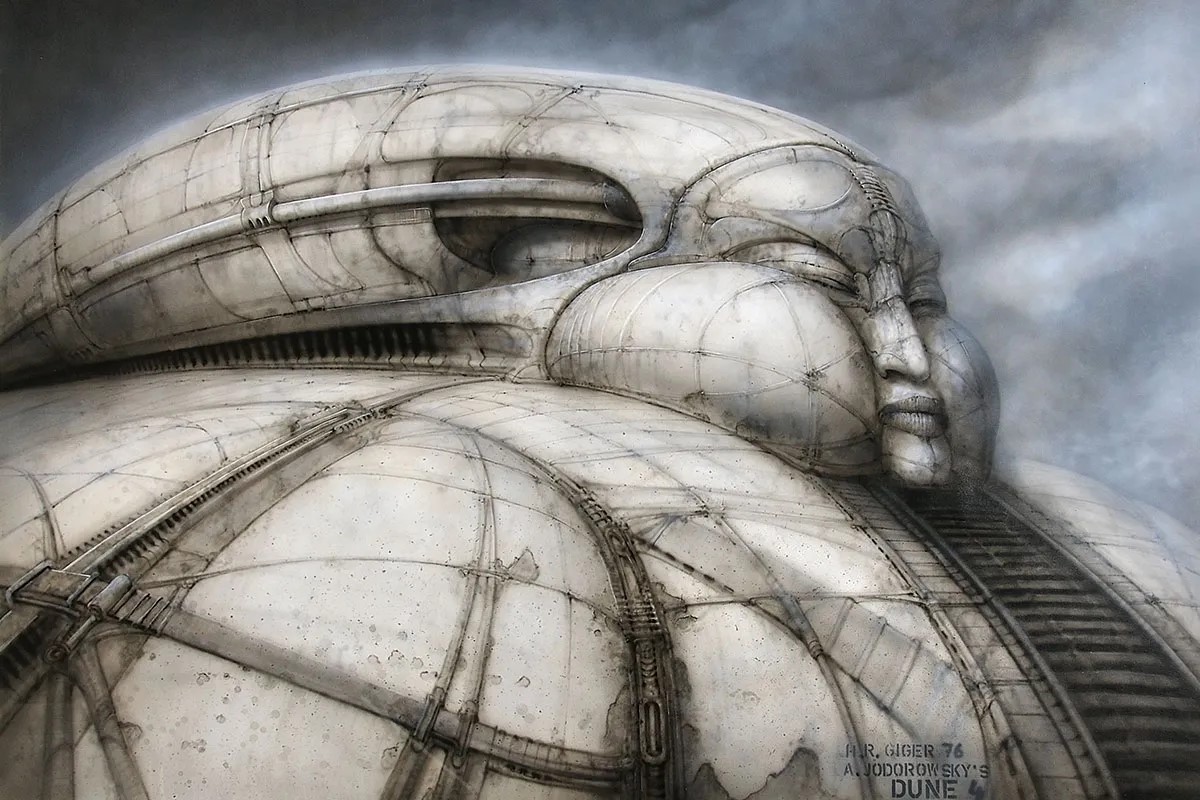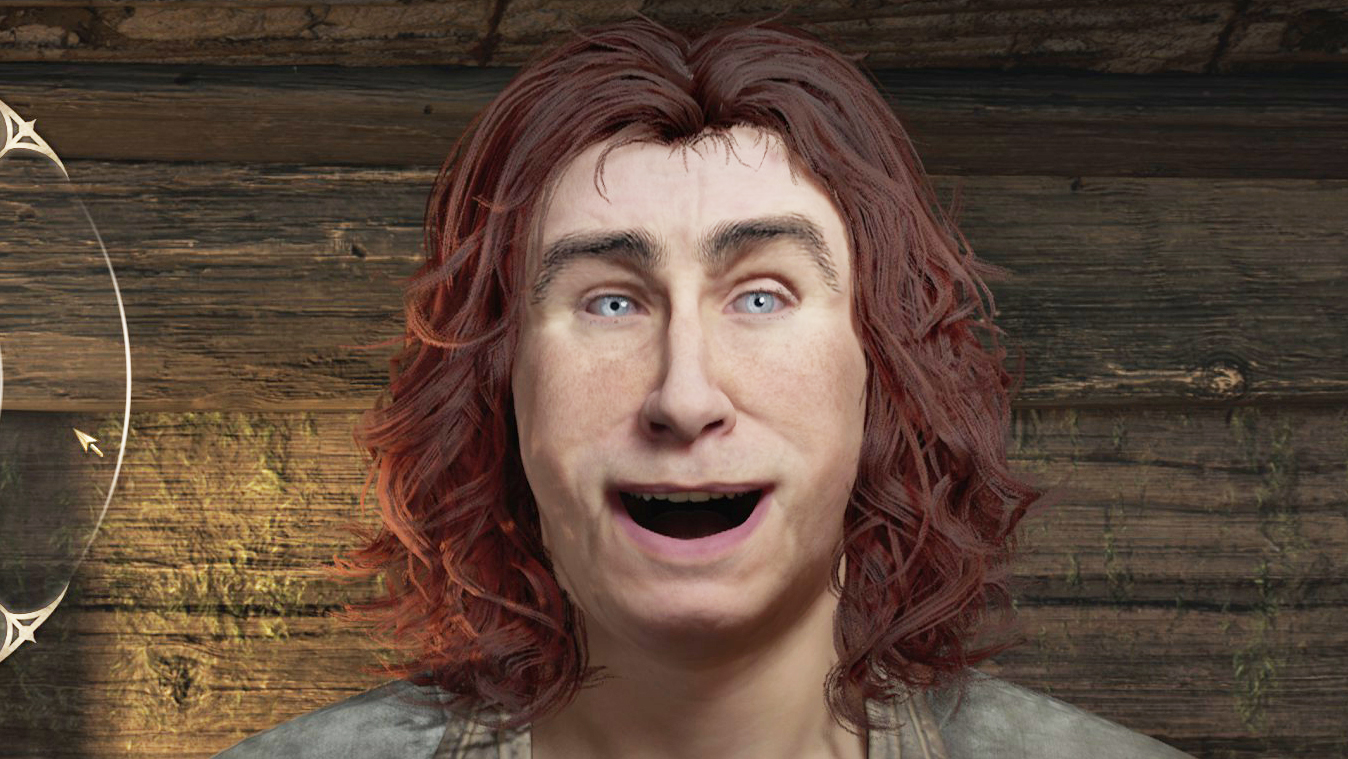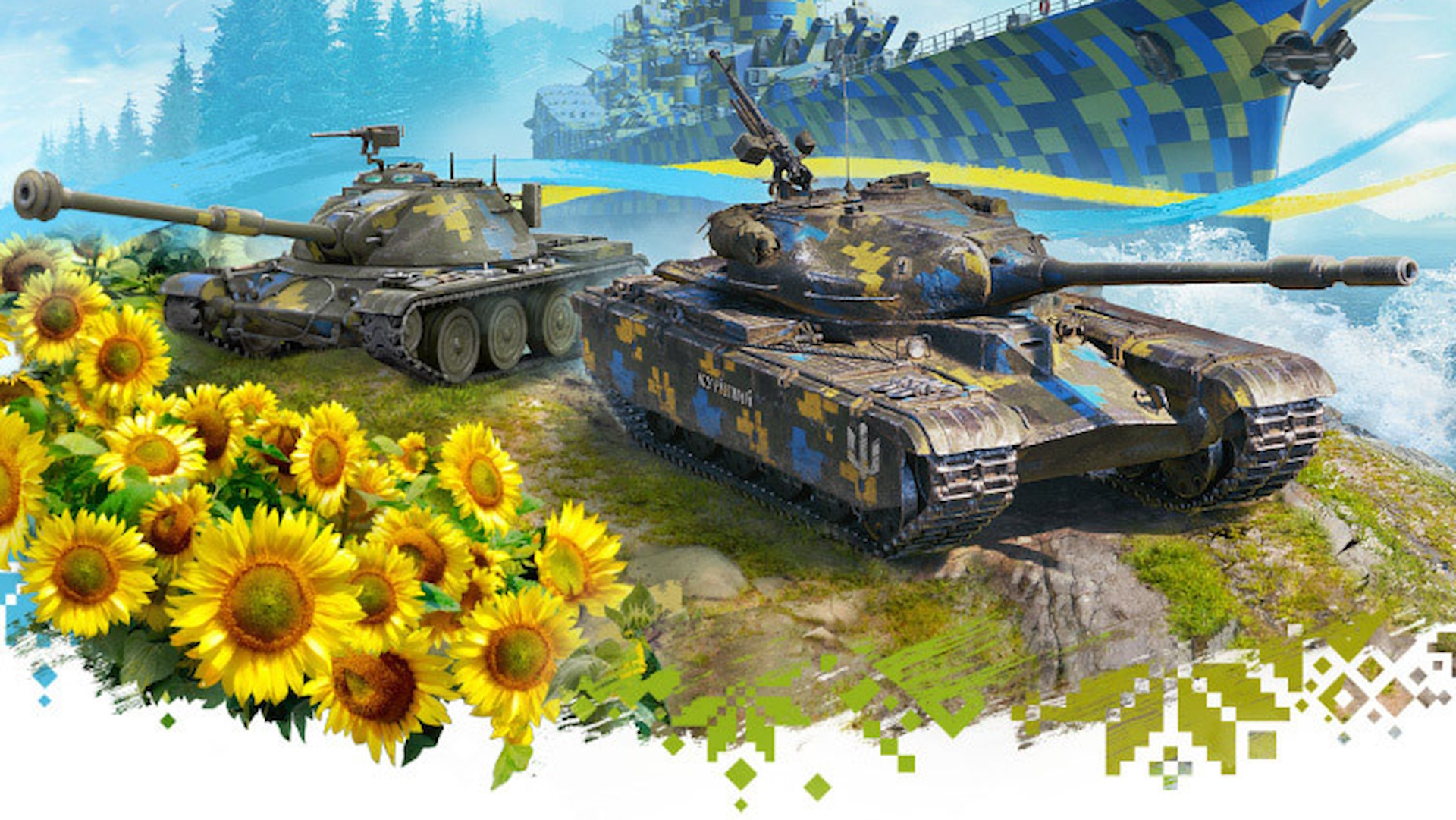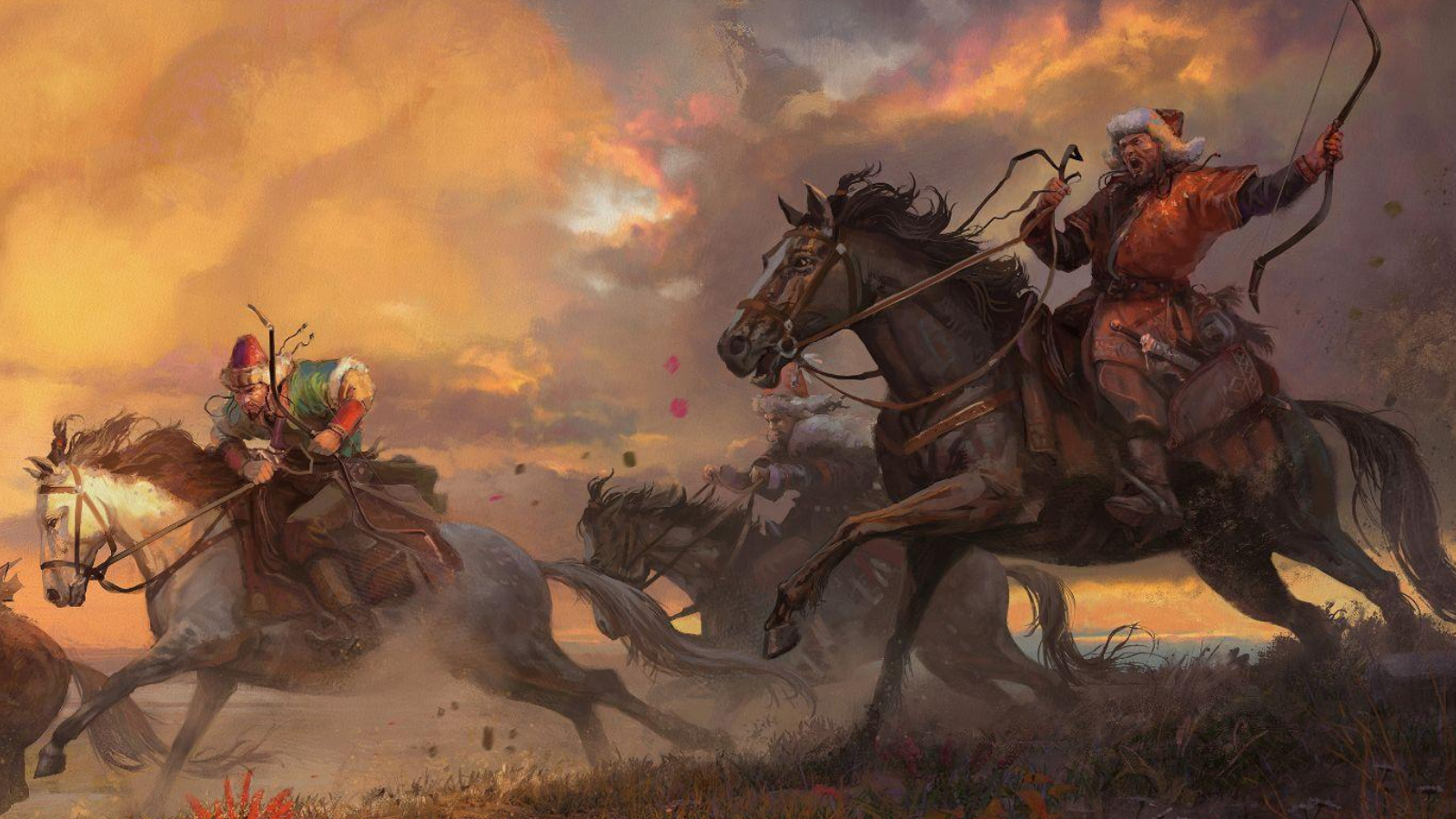
Fabian ‘Febiven’ Diepstraten is a veteran talent who took a step away from the spotlight — but now, the Dutch mid laner is back in the saddle, ready to prove he’s worthy of a major region spot.
Only in esports can a professional player compete for multiple teams in different regions across a seven-year period, hang up his mouse, and come out of retirement, all before the age of 26.
But this is esports, and that player is Fabian ‘Febiven’ Diepstraten. He made his competitive debut at the age of 18 and retired at 25 after moving from the EU LCS, to the NA LCS, to the NLC. He was part of the legendary Fnatic roster that played an entire split without losing a single game, the only European roster to have gone completely undefeated in a split.
His retirement came as somewhat of a shock to the League of Legends world — despite being on the older side of the pro play ecosystem, he was by no means a player past his prime. In his retirement announcement, he called out the work ethic of professional League of Legends players, saying that there were “very few players who are willing to give 110%”.
But even more shocking than his retirement was his return to professional play. Brought in as a last-minute substitute for failing LFL roster Mirage Elyandra, he was tasked with pulling the team from the jaws of relegation after they had won only three games throughout the course of the Summer split. And now that his run with Mirage has come to a close, he’s ready to come back to tier-one League.
Time out of the spotlight
In any other industry, it would seem bizarre to be talking about retiring at the age of 25. But esports isn’t like a lot of other industries, and Febiven reached 25 and decided that enough was enough.
“I just felt like it was the right thing to do,” he told Dexerto. “The whole situation with playing remotely, everything just felt so different, and I just knew I really needed a break. I really didn’t want to play anymore — I don’t know why, but I think I just needed some time to let my mind chill a little bit and come back with the right energy.”
He initially planned on going into streaming full-time, at least for a while. He gave himself a one-year ultimatum to commit to streaming and see how it suited him — but after a while of purely streaming his solo queue games, he realized that he still had “so much left in the tank” when it came to playing competitively.
“I thought about coaching, but then I realized that when I play League I just feel like I should be playing competitively,” he said. “It’s this feeling that I get when I’m competing, that my time is not over yet, it’s far from over. I felt like my skill level was still pretty high, and every time I watched a tournament I’d just have this feeling that I should be playing.”
And so, the solo queue grind commenced. Shortly after he came to this realization, Mirage Elyandra reached out and asked if he’d be interested in helping them avoid relegation. He accepted the offer, and with him at the helm, the team dropped only a single game across two best-of-five series to avoid being relegated to LFL Division 2.
A high-pressure comeback
It’s no mean feat, returning from a break to snatch an underperforming team from the jaws of death. But Febiven said he felt no more pressure coming back with Mirage than he would have on any other roster, despite the circumstances — throughout his career, he’s always held himself to a high standard of performance, and that brings its own pressure, regardless of the situation.
“For me, it’s natural that I put pressure on myself, it’s always there,” he said. “But coming into Mirage, I felt, and still feel, really confident about my play and my leadership. I feel like I’m a pretty easygoing person, but I knew that my going to Mirage would get them the wins they needed — if I didn’t think so, I wouldn’t have gone.”
And it turns out his suspicions were correct. The change with him on Mirage Elyandra was almost instantaneous from their regular season performance (even though their competition was arguably weaker), and while it’s unclear as to whether he’ll be staying with the team for 2023, his impact has been remarkable.
He says himself that his leadership is one of his best qualities. And that’s not surprising, considering how long he’s been a professional player. That trait was part of what served him so well on Mirage, but he also believes his own skill level had a lot to do with it.
“In the ERLs, I think the players are a little bit worse than in tier one, so I generally believe I have an edge,” he noted. “I would say I can play every champion, so I’m pretty flexible without sacrificing stability. And in terms of leading the team, I have a lot of knowledge, and I’d like to say that my work ethic is pretty exemplary.”
He’s not wrong about his mechanics. Pick a quantifiable statistic to measure player performance, and he was probably top five in it throughout the LFL relegations. Highest average kills of the tournament (4.3 per game), second-best KDA (6.7), third-highest damage share (29.3% of his team’s damage). The list goes on.
And although he was undoubtedly playing against weaker opponents than in the past, his statistics go a long way to proving he hasn’t lost a step.
“I don’t really live in regret”
No player has a long career without accumulating a few regrets. But although he admits that there were certain moments when his career stagnated, or when he wasn’t really improving, Febiven is adamant that, if given the option, he’d do it all again.
“I don’t really live in regret,” he stressed. “There’s nothing I’d really go back and change, because that’s just not possible, right? I don’t really spend any time dwelling on those kinds of thoughts because it just doesn’t make me happy — I’d much rather focus on right now, and accept that the things that have happened, happened.
“But I do have some advice I’d like to give to other people, younger players specifically. If you’re at the peak of your career, distractions are going to come. I think athletes have to limit themselves from getting distracted. Obviously, it’s important to have a good balance in your life, but I think your relationships with people are really powerful, and you need to be very careful of who you spend your time with.”
Although he describes his own work ethic now as exemplary, he admits that it wasn’t always that way — citing his time on H2k in the EU LCS back in 2014 as one of the periods when he was “kind of relaxed” in terms of his attitude to professional play.
“I had a girlfriend at the time and it wasn’t going too well between us,” he said. “I would say that it took a big toll on me — I got quite stressed and I think that affected my growth, for sure. I feel like I was kind of putting my energy in the wrong basket, which I think is something that went with me to NA after I left H2K. But I think that’s just life, right? You want to experience stuff, you’re going to go through different phases. You have your ups and downs.”
And although he doesn’t regret his time on the team, both his relaxed attitude and a turbulent period in his personal life affected his growth in a way that’s still bearing repercussions to this day.
“In the esports scene, if you have any kind of downfall in terms of your performance people are going to weigh that really heavily,” Febiven explained. “If you’re winning one year and then the next year you’re not, you’re going to be looked down on.
“But I think that’s just a natural part of competition — I learned so much in those years. I had to just move on and work up from there, and put all of my attention into my craft and the thing I’ve been working on for so long.”
What does the future hold?
Febiven’s contract with Mirage expires on November 21. He’s not yet sure what the future holds for him, but he knows for certain that he wants to keep competing.
His priority is getting back to the LEC or LCS. “Obviously I want to play at the highest possible level of competition,” he explained.
“When you play in LEC or LCS, everything is of higher quality, from the competition to how Riot handles things. And obviously, you get to play in the studio every weekend, and I think everything is just more well-rounded. And, obviously, the salaries are higher.”
But despite the advantages of playing in a tier-one league, he’s not opposed to playing in an ERL if that’s the only option on the table.
“If I end up not being picked up for LCS or LEC, I have no problem with going to an ERL,” he said. “There are some organizations that are really professional in the ERLs, and I’d say that some could actually provide more than certain LEC teams. But ultimately, it all depends on the team.”








